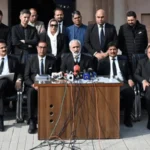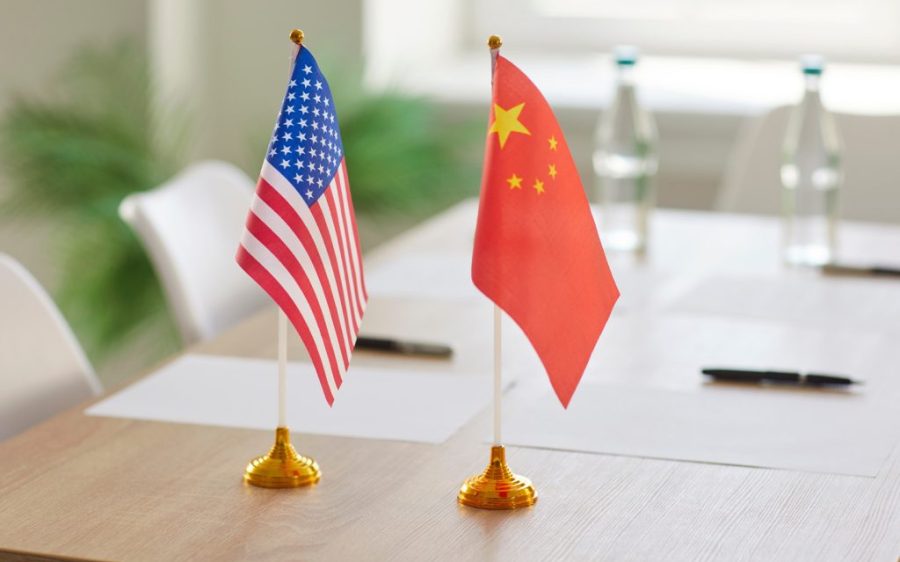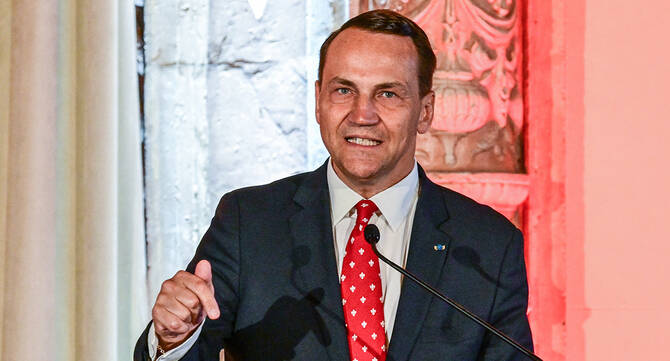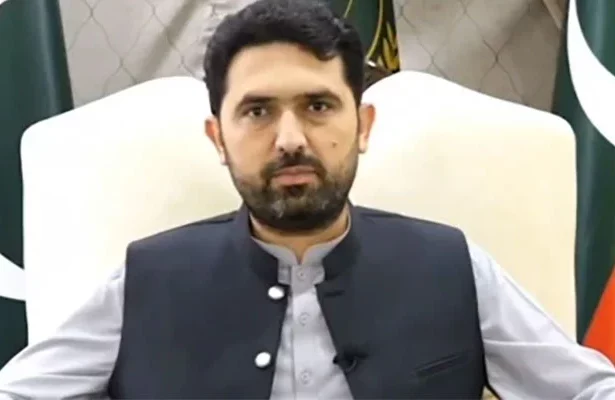The Islamabad High Court Judges wrote a letter to the Supreme Judicial Council in which they showed concern over the transfer of a LHC judge to IHC and his appointment to the Chief Justice post. Judges Challenge Proposed Transfer: The Islamabad High Court Judges wrote a letter to the Chief Justice of the other high …
Judicial Controversy: IHC Judges Oppose Judge’s Transfer
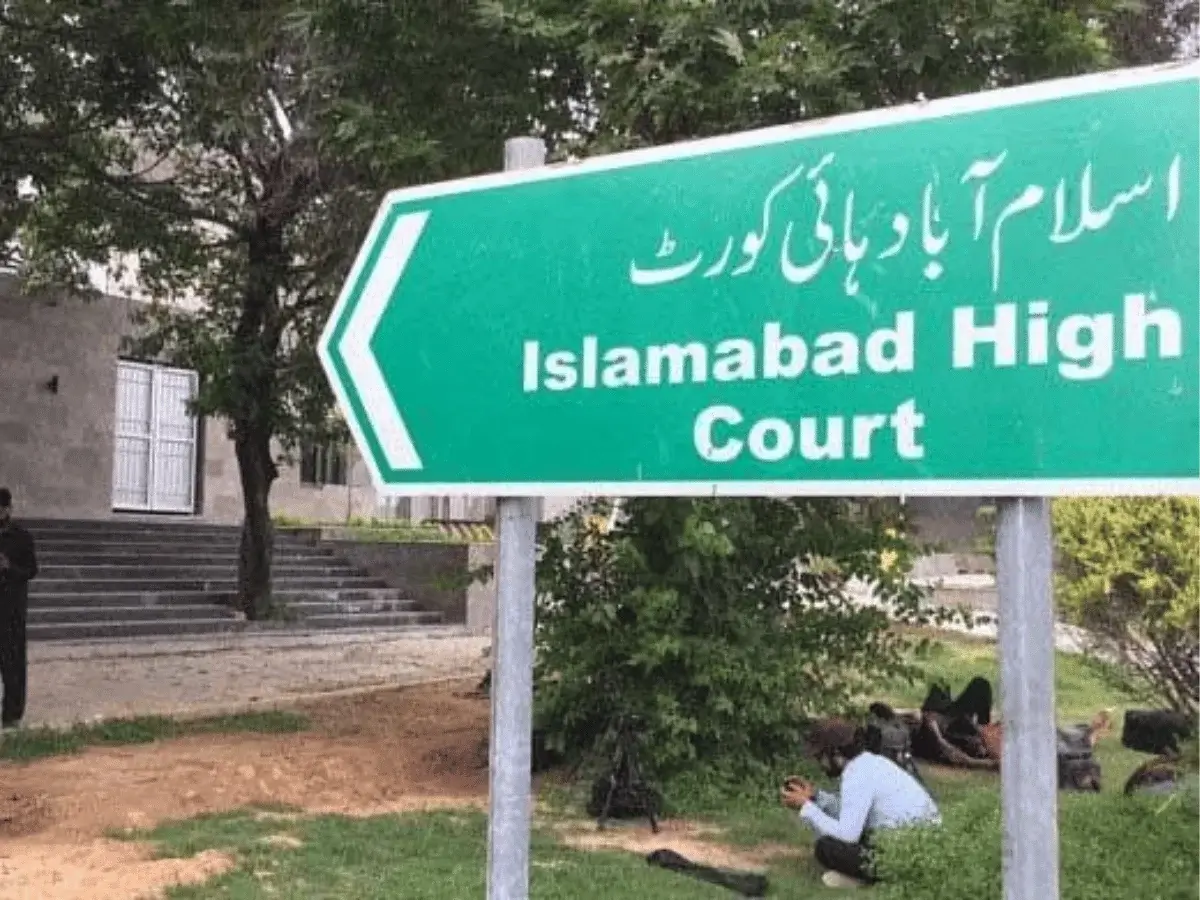
The Islamabad High Court Judges wrote a letter to the Supreme Judicial Council in which they showed concern over the transfer of a LHC judge to IHC and his appointment to the Chief Justice post.
Judges Challenge Proposed Transfer:
The Islamabad High Court Judges wrote a letter to the Chief Justice of the other high court and the Chief Justice of Pakistan. In the letter, the five judges of the IHC requested the Chief Justices to halt the process of permanent transfer of a judge to the IHC. The five Judges include Justice Mohsin Akhtar Kayani, Justice Tariq Mehmood Jahangiri, Justice Sardar Ejaz Ishaq Khan, Justice Babar Sattar, and Justice Saman Rafat Imtiaz.
Also Read: Apex Court Challenges Military Trials Of Civilians In May 9 Cases
Concerns over judicial independence:
The judges mentioned that the transfer of judges is unconstitutional and threatened fair Judiciary. They called it an unjustifiable act that could set a dangerous precedent. In addition, they said that the appointment of an LHC judge to the position of Chief Justice would be considered a fraud in the Constitution.
Media reports and tensions with the establishment:
The letter followed media reports suggesting a judge from the Lahore High Court (LHC) might be transferred to the IHC for the chief justice role. Reports also say Sindh High Court Judges may also be transferred to IHC. Such news is raising tension between the establishment and the judiciary. The Judges also claimed they faced pressure in high-profile cases.
Executive interference and the 26th Amendment:
Former Chief Justice Qazi Faez Isa failed to curb interference by executive agencies. The government introduced the 26th Amendment. This Amendment sought to influence judicial appointments and bench formations. Critics see that these amendments allow the executive to appoint their desired members, thus halting a fair Judicial system. Reports suggest the government plans to transfer three judges from different high courts to IHC to shift the balance in its favour.
Legal experts condemn ‘Court Packing’:
Legal experts and lawyers criticise the executive for “court packing.” Former Additional Attorney General Waqar Rana called the transfer unconstitutional. He recalled past abuses of Article 200 under martial law and warned against repeating history.
Lawyers’ resistance:
Imran Khan’s legal representative, Chaudhry Faisal Hussain, called IHC judges a “ray of hope.” He accused the government of trying to control the judiciary. Islamabad lawyers would resist any such appointments.
Supreme Court’s role:
The Supreme Court recently filled two of four vacant IHC seats after careful consideration. Legal experts stress that appointments should follow the constitutional procedure and not executive decisions.
Historical precedents:
Advocate Hafiz Ehsaan Ahmad clarified that Article 200 outlines the transfer process. A judge cannot be moved without consent. The president must consult the CJP and relevant chief justices.
In 2008, Past precedents include Justice Sardar Mohammad Aslam’s transfer from LHC to IHC, where he became Chief Justice. However, experts argue these cases were exceptions, not the norm.



